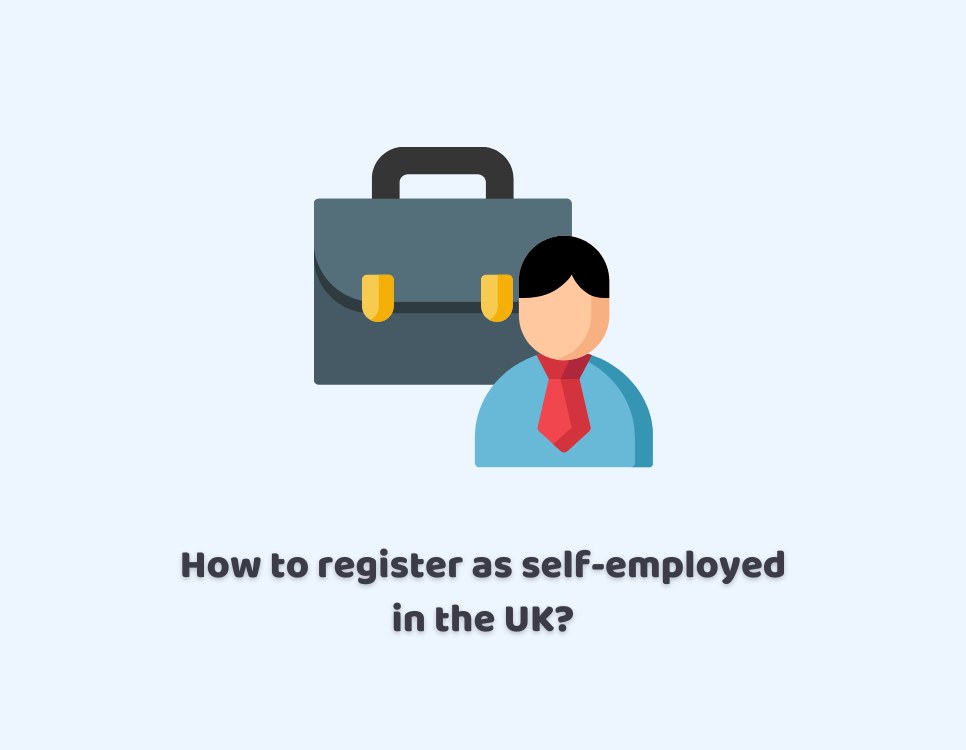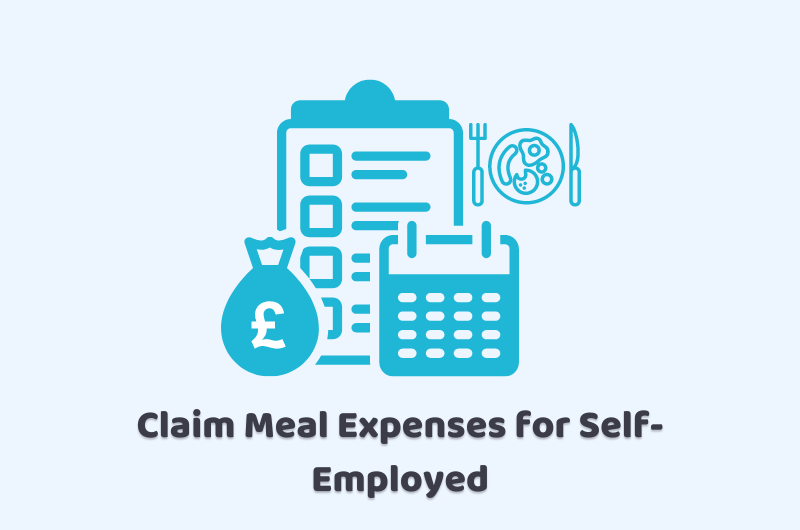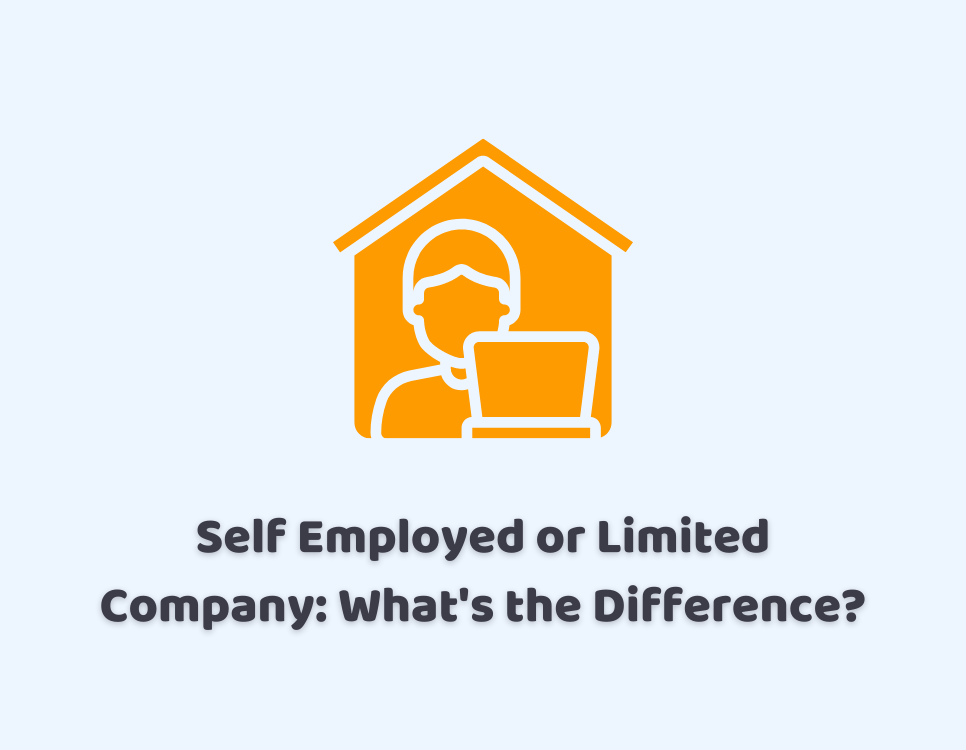
03/04/2021self-employed accountant , Tax Issues , Uncategorised
So you have decided to start your own business. That’s great. Now, you would earn some extra cash aside from your regular job. But now a few extra responsibilities are here on your head than before. Therefore, to get rid of legal issues, you should register yourself as self-employed to HMRC. In this blog, we’d provide a step-by-step guide on how to register as self-employed in the UK. Don’t worry the process is quite simple and easy.
Are you worried about the taxes as self-employed, check out, how we can help!
Step by Step Guide – Register as Self employed with HMRC:
Let’s see how to register as a self-employed with HMRC:
- Using the Employment Status indicator check your eligibility for self-employed
- Register to HMRC online account with your e-mail address
- You’d provided with details by post including 10-digit Unique Taxpayer Reference (UTR)
- Complete your registration with Government Gateway details and add your business information including name, contact, etc
After successfully registering as self-employed, you’d have to abide by the obligations and responsibilities as per the law. It includes completing your annual Self-Assessment tax returns.
Why Should I Register?
You should register as self-employed because HMRC needs to collect self-assessment tax and National insurance from your earnings as self-employed. But how can you know that you’re self employed and you need to register for it? You can check your employment status through the Employment Status indicator to know which category you fall. Typically, you’re classified as self employed if:
- You operate a business for yourself
- You are having two customers at a time
- You decide when and how to work
- You can hire other people
- You can provide the tools needed for work
- You take responsibility to do a work within the time
- You charge a fixed price for projects
- Sell services and goods to earn profit
Still unable to find out your employment status, reach out to us!
When should I Register?
You should register as soon as possible before 5 October of the tax year, when you became self-employed. You’d be charged a penalty if you register after the deadline.
Responsibilities after Registration:
You’d keep a record of your business incomings and outgoings. Secondly, you’d file your Self Assessment tax return online before 31st January. Thirdly, you should pay HMRC from 31 January and 31 July. You may delay the payment as long as HMRC agrees. Moreover, you have to pay income tax along with class 2 and class 4 National Insurance contributions.
If your annual income is above £85,000, then you need to register for VAT.
Quick Sum Up:
Now that you know how to register as self-employed in the UK, it is important to follow the guidelines provided by HMRC. You are not required to pay any fees while registering for it. These steps are quite simple, but some cases might be special that can’t be handled easily by a non-expert.
So, it is better to take the help of an accountant. CruseBurke is providing free consultation services for you. Contact us anytime!
Disclaimer: This blog is written for informational purposes.



